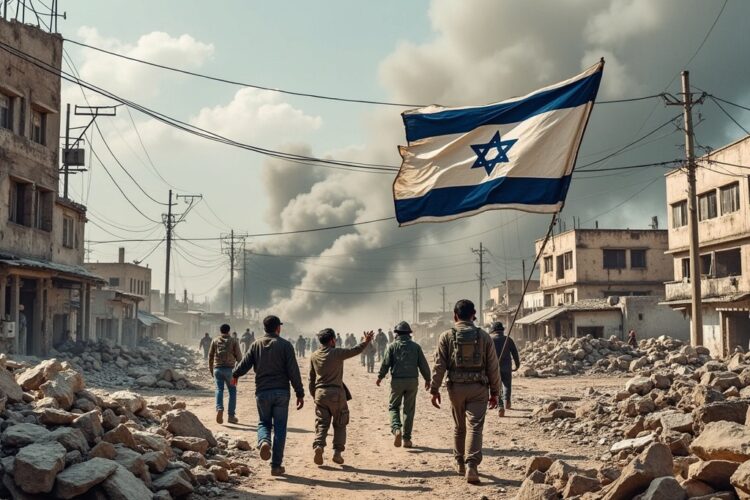The Hamas-Israel conflict is a longstanding and complex issue rooted in the broader Israeli-Palestinian conflict. It has resulted in multiple wars and violent clashes, with no lasting resolution. International efforts to mediate peace have had limited success.
Long Version
Hamas and Israel have a complex history of conflict. Hamas is a Palestinian political and military organization that controls the Gaza Strip. Israel, on the other hand, is a nation-state in the Middle East. The conflict between them has been ongoing for many years and is characterized by periods of violence and tense ceasefires.
The roots of the conflict can be traced back to the Israeli-Palestinian conflict, with issues such as the status of Jerusalem, borders, and the rights of Palestinian refugees playing a significant role. The situation escalated into multiple wars, including the Gaza War in 2008-2009, Operation Pillar of Defense in 2012, and Operation Protective Edge in 2014. These conflicts resulted in a significant loss of life and infrastructure damage.
Ceasefires and negotiations have been attempted at various points, but a long-lasting resolution has been elusive. International organizations and countries have often been involved in mediating peace efforts. The situation remains highly contentious, with both sides holding deeply rooted political, historical, and territorial claims.
More Notes
Q&A
Q: Why do humans go to war?
A: Humans go to war for various reasons, including territorial disputes, resource scarcity, political ideologies, religious conflicts, and perceived threats to national security.
Q: What role does power play in causing wars?
A: Power dynamics often lead to wars, as nations seek to gain or maintain dominance, expand their influence, or prevent potential rivals from challenging their position in the international order.
Q: How has historical conflict contributed to the propensity for war?
A: Historical grievances and unresolved conflicts can create a cycle of violence, as past injustices or disputes continue to influence the behavior and decisions of nations.
Q: Can economic factors trigger wars?
A: Yes, economic factors such as trade imbalances, competition for resources, and economic instability can contribute to tensions and serve as catalysts for armed conflicts.
Q: What efforts have been made to prevent wars and promote peace?
A: Various international organizations, treaties, and diplomatic initiatives, including the United Nations and peace negotiations, have been established to prevent wars and facilitate peaceful resolutions to conflicts.
Hashtags
Hamas #Israel #Conflict #Gaza #Ceasefire #MiddleEast #IsraeliPalestinianConflict #War #Negotiations #Jerusalem #Refugees #PeaceEfforts • HamasIsraelWar #GazaStrip #HamasOrganization #OperationPillarOfDefense #OperationProtectiveEdge #PeaceMediation #TerritorialConflict #InternationalRelations #HumanitarianCrisis #Violence #HistoricalConflict #PoliticalTensions #CeasefireAgreements #UNMediation #RecentDevelopments






